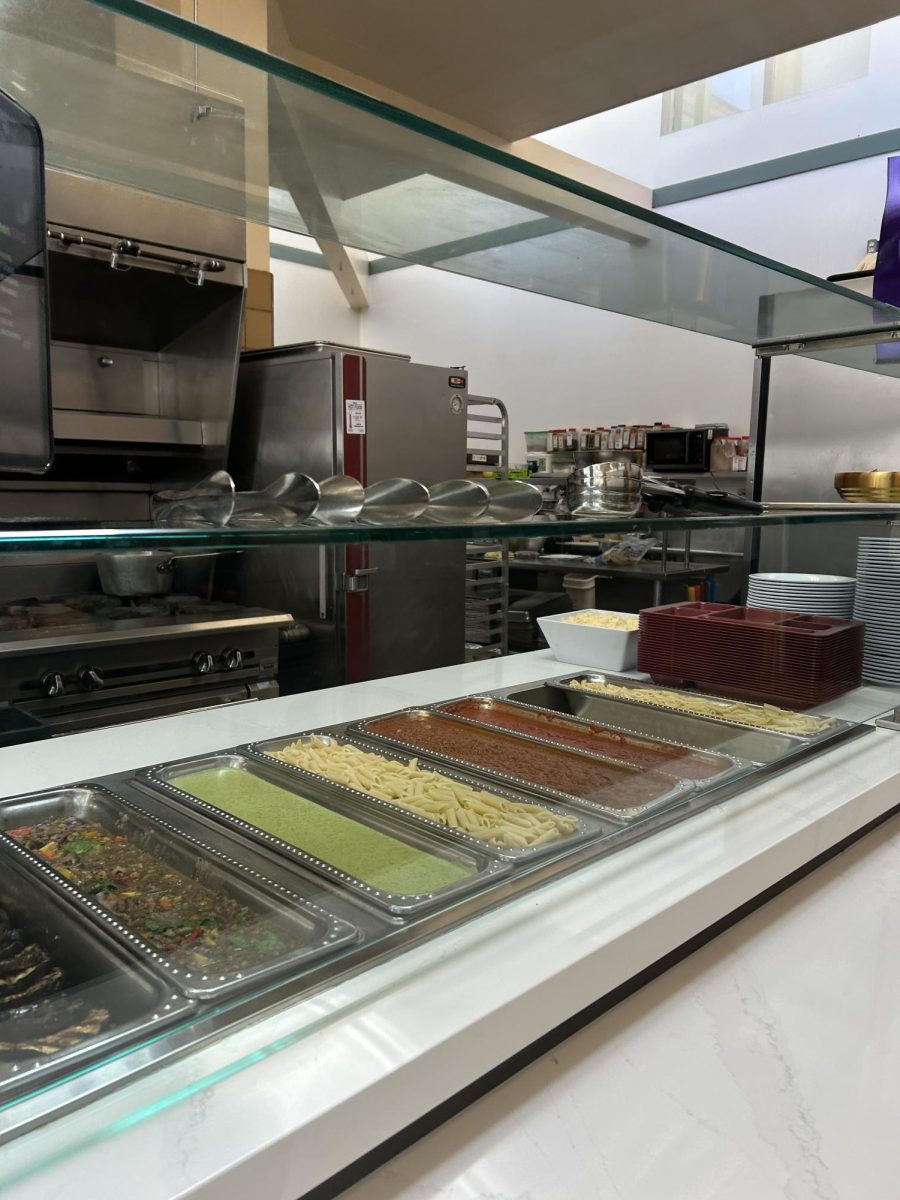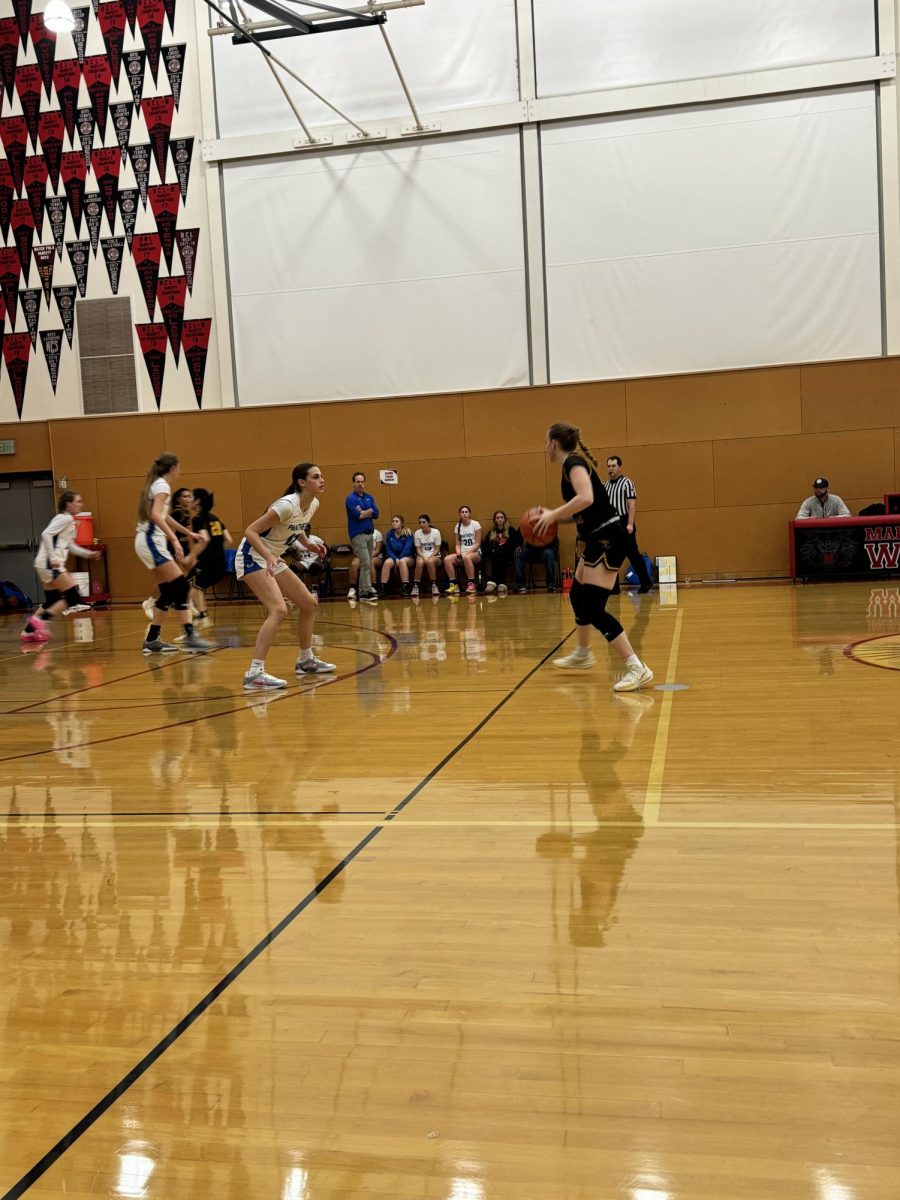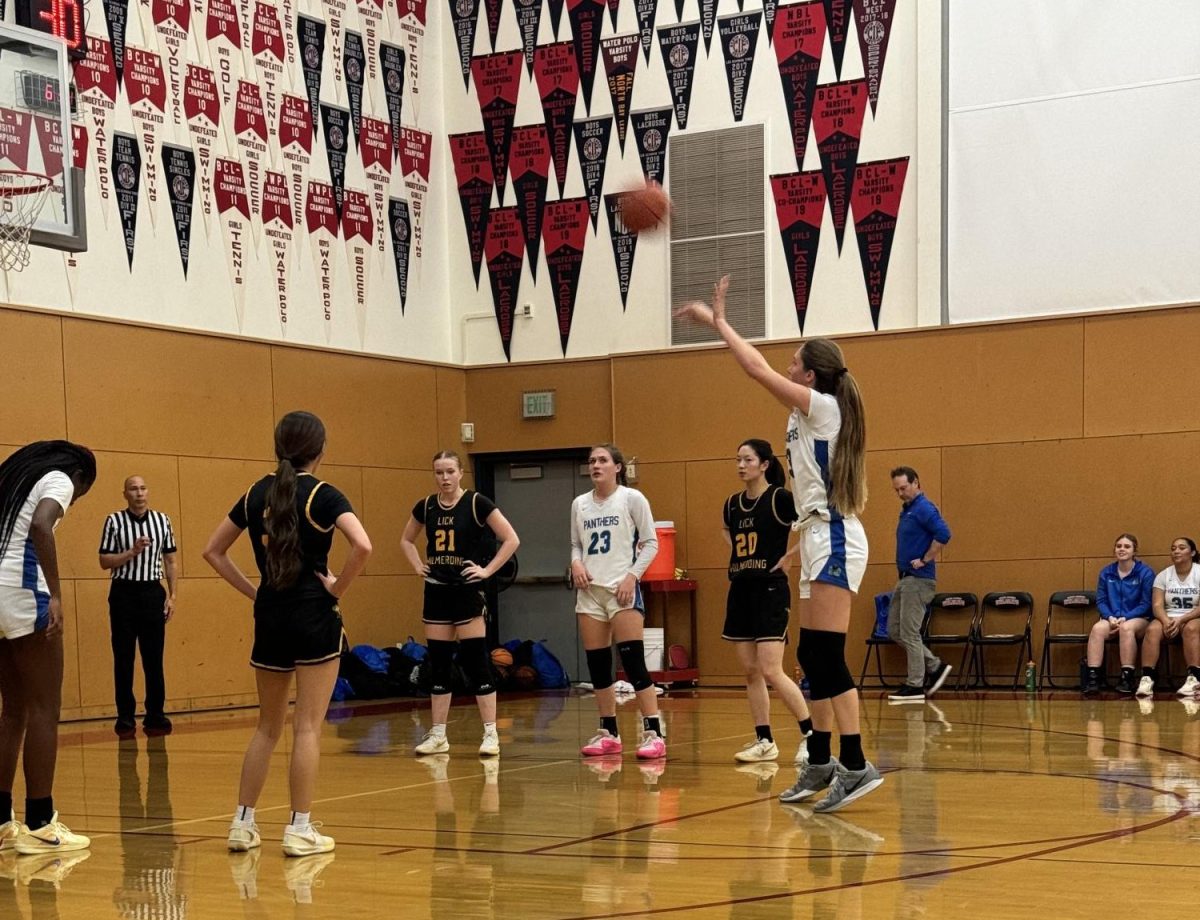When my neighbor prompted, “If you could get into any college, where would you go?” I couldn’t help but feel a wave of anxiety. As a high school senior buried in the college application process, the pressure of choosing and applying to 12+ schools is overwhelming. “I liked CalPoly,” I casually responded, the question sending me into a spiral, the due date and piles of essays flashing through my mind. My neighbors’ eyebrows rose: “If you were going to go anywhere, it would be a state school?” The judgment was subtle but clear — and it got me thinking.
Don’t students have enough to worry about when applying to college without the judgment from elders, peers, society and themselves to go to a “prestigious” school?
To begin divulging into the reasons for the pressures and biases of going to a “good college,” first one must define what a “good college” is. This question is difficult to answer because everyone has different opinions. The most common definition of a “good” college is prestigiousness, or in other words, acceptance rate and exclusivity. For some students, Ivy League colleges, such as Harvard, Princeton and Brown Universities with 5% and lower acceptance rates are the ultimate goal; however, college should be more about finding a school that nurtures your passions and aspirations, rather than just a name on a diploma.
There are many components to a college that students need to take in consideration other than the shiny name such as location, size, academic opportunities, culture, values and community. According to the National Association of Secondary School Principals (NASSP), students who feel like they belong in their school environment are more likely to be engaged in school and less likely to experience stress and worry about academics. Getting involved in activities inside and outside the classroom is essential for a productive and exciting experience. Therefore, it is important to look past schools’ reputation and acceptance rates and to focus on community engagement.
Additionally, choosing a college based on fit should account for the academic opportunities, including inspirational professors and curriculums that relate to your area of interest. For example, schools such as CalPoly, known for their robust programs in engineering and agriculture, may not carry an Ivy League status, yet still offer a quality education. So why is there stigma and judgment associated with not wishing to attend an “elite” college?
A common reason people wish to go to an Ivy League and other low acceptance schools is the misconception that it will make them become more successful after college.
But is it really the school that makes the person great, or is it their own personal characteristics? For example, when you ace a test, is your A+ because your teacher has years of experience and holds two PhDs, or your own studying and accountability? Your teacher might have been an important factor in aiding you to prepare for the test, but it is ultimately your hard work and grit that made you spend hours studying. This is the same for colleges. They are important tools that may aid you in success after you graduate, but only if you make the most out of it.
The Stanford Graduate School of Education performed a study proving that the college someone attends matters far less than the person’s own engagement in the learning opportunities offered. Denise Pope, the paper’s co-author, a senior lecturer at the GSE and co-founder of Challenge Success, which seeks to redefine success in student learning and achievement, explains Stanford’s study results.
“Research tells us that the most successful students, both in college and beyond, are the ones who engage in the undergraduate experience regardless of how selective a school may be,” Pope said. “This is almost always the case whether a student attends the top-ranked or 200th-ranked college.”
A student who goes to a prestigious college, but parties most nights, is not interested in the academic programs, and does not care to make close connections with their professors, is not gaining the skills they need to be successful in life. This student is getting less out of college compared to someone who went to a lesser known school and participates in the school community, feels as though they belong, forms strong connections with their professors and classmates and studies hard. This students’ characteristics, such as hard work, grit, confidence and passion, combined with a good attitude and charisma will appeal to employers in the future.
In fact, LinkedIn, a worldwide business networking platform, ran a survey with 2,000 people in Employment and 500 people involved with the hiring process in the United States, on the importance of various factors when hiring an employer.
“69% of professionals think verified skills are more important than college education,” LinkedIn’s article states. “There’s never been a higher demand for quality technical talent than there is now.”
Thus, having important life skills, such as teamwork, professionalism and communication will exponentially enhance a candidate’s appeal to employers, more so than graduating from a prestigious college.
Furthermore, published in Fortune, David Kang studied how many CEO’s had an Ivy League education. The surprising results state that only 9.8% CEO’s in 2023 held an Ivy League MBA.
In fact, of the 20 CEOs of the nation’s biggest companies by revenue, only one attended an Ivy and 14 of these top 20 CEOs attended public colleges!
Now, this article is not meant to dissuade you from attending an Ivy League or low acceptance college. If your dream is to attend a highly prestigious school for the amazing programs, dedicated professors and beautiful campus you believe you could fit into and be happy, that is wonderful and I applaud you for finding a school you believe to be the right fit! Because overall, choosing a college should be about fit — not only about a prestigious and flashy name on your diploma at the end of your years. So, students, when you are writing the many subliminals I know are kicking your butt, and filling out the seemingly endless questions for every application, ask yourself, do I want to go here or is this school going to “look good” to others.
On that same note, if your dream school is less prestigious, but you believe it fits all your requirements and you can see yourself being happy there, don’t let external pressures discourage you from applying! Your experience is only your own, so it is up to you to work hard and get into the college the best fit for you.
Now, I am going to expand this article to everyone else: parents, grandparents, neighbors, teachers and everyone it may concern. Let’s collectively stop placing judgment and pressure on students who wish to go to a school you do not like or don’t think would be prestigious enough. At the end of the day, each college has specific benefits that can be enticing to different people. If you don’t like a college someone wants to go to, that’s ok! Good thing you aren’t going there.

























